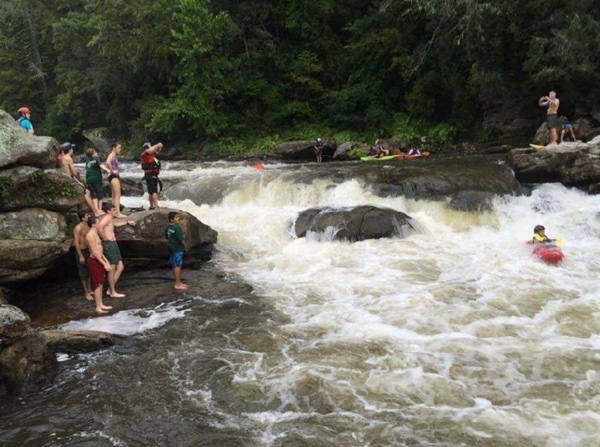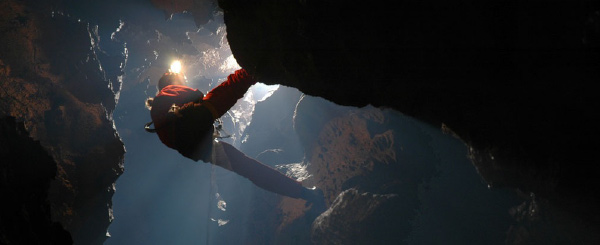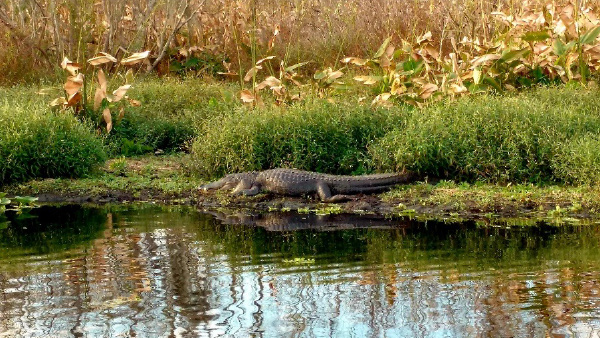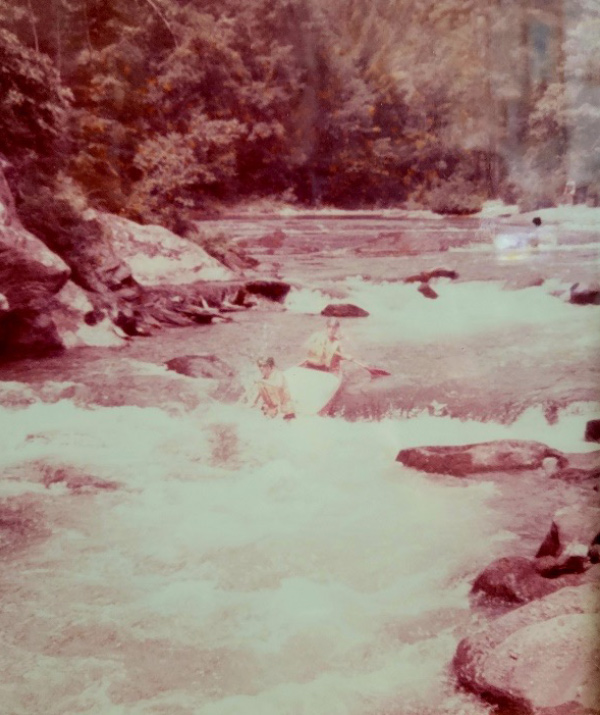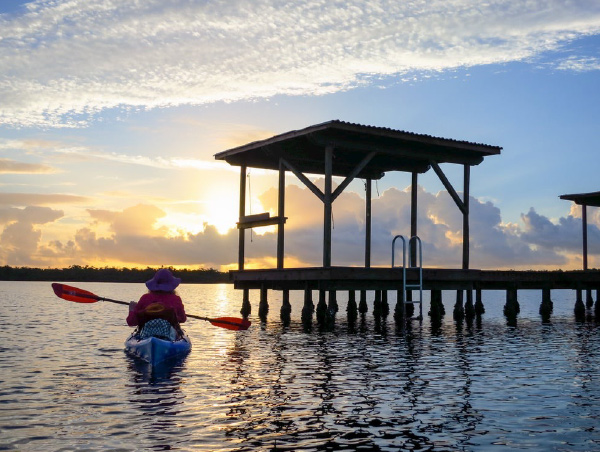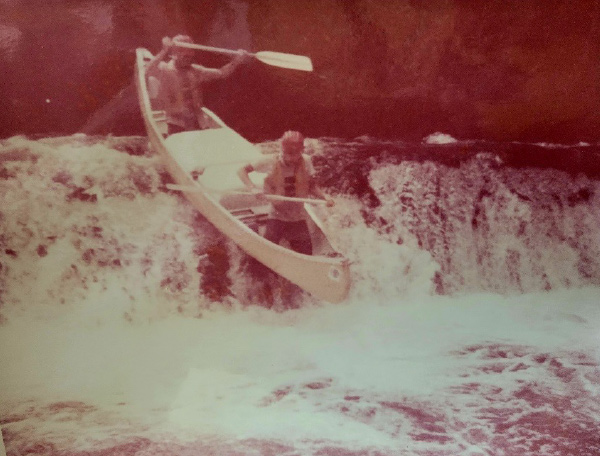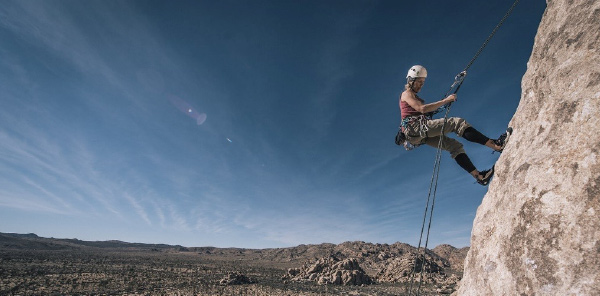I left Chestnut Lodge for an opportunity to become a counselor at a Rockville Boys Home right down the street from The Lodge. Karma House was one of many Boys and Girls Homes in Montgomery County that offered an alternative to juvenile lockup, for boys between the ages of 14-18. Most had been arrested and were given the choice of lockup or Karma, a residential therapeutic community where they were expected to do all of their own cooking, cleaning, schooling and counseling in a rigidly structured yearlong (or more) program. Given those choices, many chose Karma, even though they really did not want to be there.
I knew from the interview that this was going to be a very different atmosphere. They made all six applicants sit in a circle while the staff sat in an outer circle observing us as we answered the questions in a group discussion with all of the other candidates. So here we are trying to sound semi-intelligent and cooperative while simultaneously knowing that we are competing with everyone else. This was the most difficult job interview I ever had. Somehow, I got hired.
I quickly discovered that there were some wonderful staff role models for me to learn from at Karma. Dr. Rich Simon, who started the Family Therapy Networker which became today’s Psychotherapy Networker, was one of the family therapists. His fledgling four-page newsletter got its start while he was working at Karma. I also made quick friends with another counselor, Dennis O’Brien, whom was leaving to start social work school. We have remained lifelong friends and colleagues ever since.
We had to work two 24-hour shifts per week, which fit in nicely with my school schedule. During the day, the house was teeming with teachers, therapists and other counselors but once dinner came, you were on your own, and spent the night (always with one eye open) with all of the residents, usually in the same room. There was a tremendous amount of peer pressure on the new residents to fit in, as they usually entered the program with their negative attitudes intact. At any given time, if the house was being run by positive leaders who had been there for a while, this usually worked out pretty well. However, if those leaders were missing, it could be a VERY long 24 hours.
In addition to daily therapy groups, weekly family therapy and multiple family therapy groups, daily school, and the usual tasks of running a house, residents had the monthly requirement of a wilderness challenge. These experiences were designed to place the residents in an environment where they had to work with each other to set up tents and cook after a 10-mile hike through Dolly Sods; help each other to rappel down the side of a mountain; climb into a dark cave at 1am in the pouring rain and other nightmares (according to them). Suffice it to say that these young men (and ladies, as there was also a girl’s house and we often did these trips together) were not always big fans of these trips. I, of course, saw them as an opportunity for them to be in the great outdoors and to have their skills (or lack thereof) challenged and force them to try to work together with their partners and the group as a whole to survive the weekend. In most cases, they came out of it with a tremendous sense of accomplishment and pride that they had overcome their fears and learned a new skill. It was also designed to teach them (and us) how to “get high” without the use of ANY drugs, except for adrenaline.
In addition to the above trips, some of the highlights for me included a weeklong white water canoeing trip down the Chattooga River in Georgia, the same river that the James Dickey book and movie “Deliverance” was filmed on and a weeklong canoeing trip through the Everglades.
The Chattooga trip involved daily 5-6 hours of traversing increasingly difficult rapids, with the aid of an Olympic paddler as our guide (wish I could remember his name). Most of us (including me) had little, if any, experience in white water. All of us spent a LOT of time IN the water and out of the canoe, as successfully navigating a rapid was never easy, especially in the beginning. After a grueling day of this, we would pull over to the riverside and hike to the top of the mountain, where vans had all of our gear, transported it back down to the river’s edge, set up camp, cooked, ate, cleaned up and discussed the day around a campfire. When I say “discussed the day”, it did not exactly include ‘smores and us singing Kumbaya. These were intense conversations, with a lot of challenges for people to step up their game, as many were getting tired of turning over into the river and getting out of the way of their water-filled canoes, which we were told weighed as much as a VW Beetle. Most of us fell asleep from exhaustion right as the sun was going down. We woke up and repeated the cooking, cleaning and hiking to the top of the mountain to drop off everything, and headed out for another day of paddling. By the end of this trip, we were all pretty darn skilled at this. Miraculously, no one got hurt until the very last day when a resident grabbed the gunnels of the canoe (never do that) and was thrust against a rock and broke his finger. We did have a sleep walker who woke us all up in the middle of the night as he was screaming in the middle of the river with his sleeping bag, begging for us to come save him. We were fortunate to not run into any “Mountain Boys,” even though we nervously joked about it all week.
Another outstanding trip was a winter drive down to the Everglades for another week long trip. We had not planned on a cold snap hitting the entire east coast (wiped out the Florida orange crop that year) and our backpacks were filled with nothing but short sleeve shirts and tee shirts. What this meant was that each of us had to wear the same set of clothes (jeans and sweatshirts) we drove down in for the whole week. We were planning on sleeping on chickees, wooden platforms throughout the Everglades, but every time the mass of us rolled up on one, they were already taken (no room at the inn), forcing us to sleep EVERY night in our canoes. Once we made our way out to the Gulf of Mexico and had our first night (out of 10) sleeping on a flat beach that did not rock, we thought we were in heaven. We saw some amazing wildlife on this trip. The reality that we were surrounded by alligators made for an extremely compliant and obedient group of young men. The highlight of this trip for me was how we successfully packed the ingredients and made a pineapple upside down cake for a resident who turned 18 on the trip.
While there were many lessons learned from this job, I would say that foremost among them was this: even though someone might start out their life with less than advantageous circumstances, never underestimate the growth potential of someone when they are showered with encouragement, support, discipline and love.

